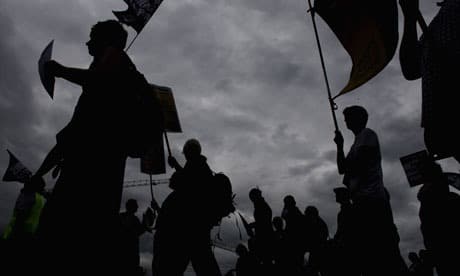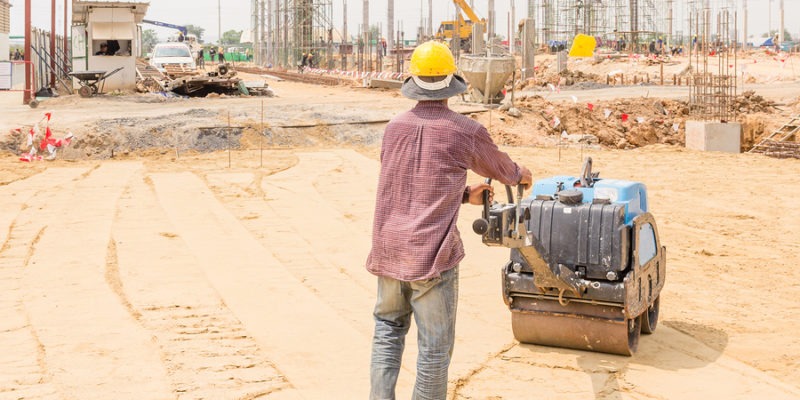By Jake Flatley in News
April 15, 2019 at 3:26PM
CHARLESTON, W.Va. – Monday marked Tax Day in the United States so the United Brotherhood of Carpenters in Charleston wanted to make a stand against those who in the construction industry who participate in tax fraud.
Local 439 and Local 436 gathered dozens of construction workers and laborers from around the state to protest the “underground” economy that they say goes on with thousands of independent contractors nationwide.
“We are trying to point out the effect of the underground economy, the payroll fraud, paying in cash, illegal classification of independent contractors,” Scott Brewer with the Keystone Mountain Lake Regional Council of Carpenters (KML) in Charleston said.
“What it does to the communities, to the tax base of the communities, to the states and federal governments and how it harms legitimate companies that play by the rules.”
The protest occurred in front of the United States Post Office location on Lee Street in Charleston and Brewster said it joins in with other events in the Construction Industry Tax Fraud Day of Action.
According to Brewer, around 20-percent of construction work in the United States is done under the table which he says boils down to $66 billion a year is lost in the United States.
“That’s money that is lost to cities like Charleston,” he said. “They don’t get their user fee, their local B&O tax. The state of West Virginia gets no payroll taxes, the federal government gets no payroll taxes like Medicare and Social Security.”







